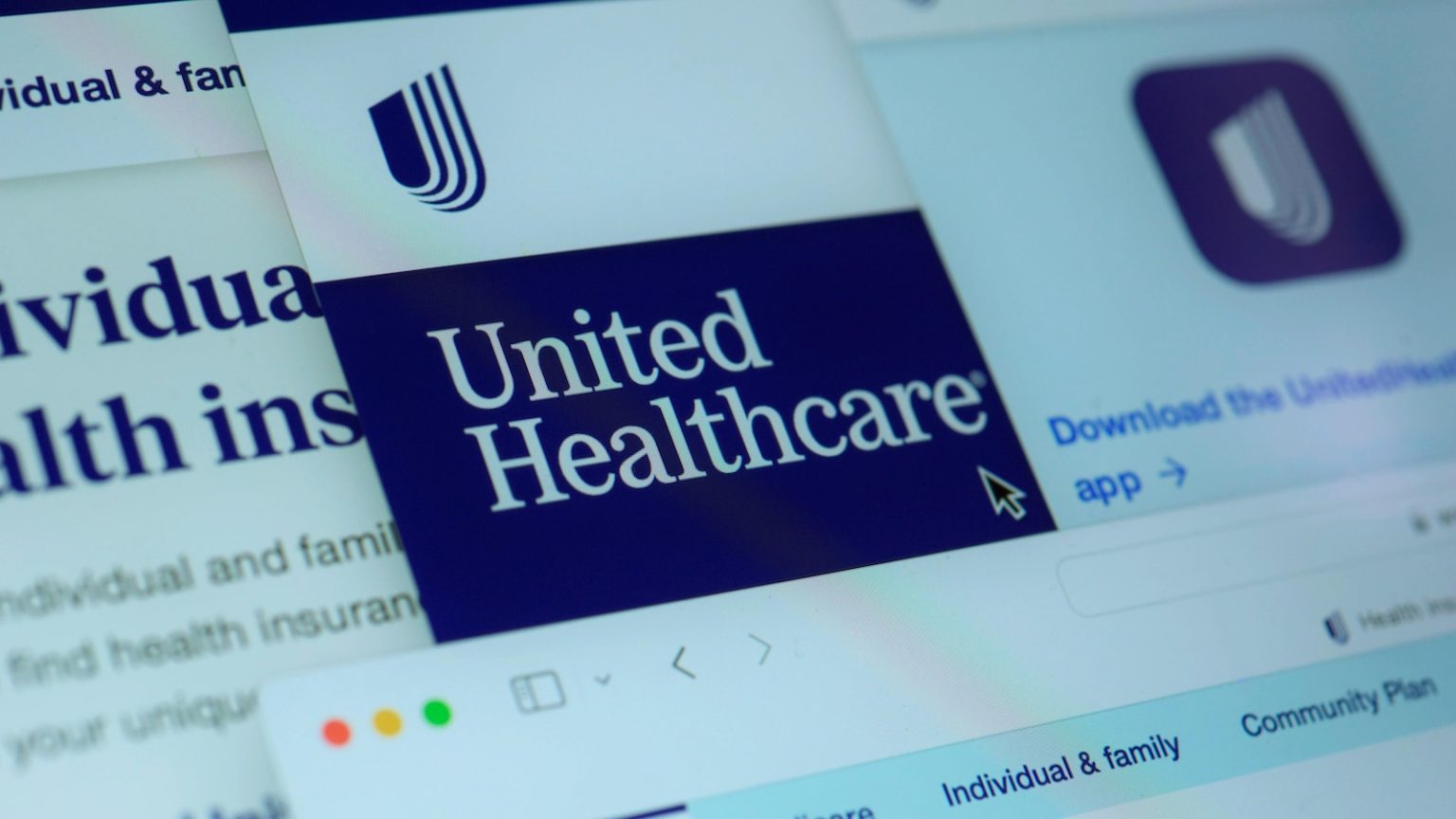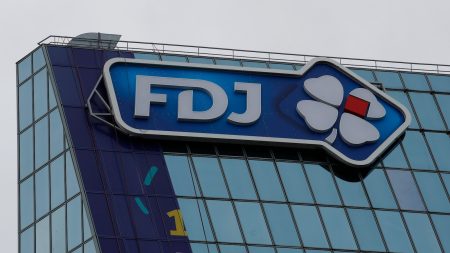UnitedHealth Group Faces DOJ Investigation Over Medicare Billing Practices
UnitedHealth Group, one of the largest health insurance companies in the U.S., saw its stock tumble early Friday following a bombshell report from The Wall Street Journal that the Department of Justice (DOJ) has launched a civil fraud investigation into the company’s Medicare billing practices. The probe, confirmed by federal officials, focuses on how UnitedHealth records diagnoses for its Medicare Advantage plans, a privately run version of the government’s Medicare program primarily for individuals aged 65 and older. The investigation is particularly significant given that UnitedHealthcare, the company’s insurance division, is the nation’s largest provider of Medicare Advantage plans, covering more than 7.8 million people.
The timing of the investigation could not be more challenging for UnitedHealth, which has already been facing financial pressures in recent quarters. Rising healthcare utilization and rate cuts have strained the company’s Medicare Advantage business, a critical segment of its operations. Despite these challenges, UnitedHealth has long been a dominant player in the healthcare industry, and the DOJ’s investigation adds a new layer of uncertainty to its already shaky financial outlook.
Stock Plummets Amid Uncertainty
Investors reacted swiftly and sharply to the news, sending UnitedHealth Group shares plummeting in pre-market trading. The stock fell by more than 10%, shedding over $52 in value, bringing it below $447. This drastic decline reflects the market’s concerns about the potential legal and financial fallout from the investigation. If found liable, UnitedHealth could face hefty fines, penalties, or even changes to its business practices, all of which would have a ripple effect on its profitability and growth prospects.
The sell-off was not limited to UnitedHealth alone. Shares of other major Medicare Advantage insurers, such as Humana, also took a hit as investors grew nervous about the broader implications of the investigation. The market’s reaction underscores the sensitivity of the healthcare sector to regulatory scrutiny, particularly when it involves billing practices and federal programs like Medicare.
For UnitedHealth, the stock plunge is the latest in a series of setbacks. The company’s shares had already been under pressure since early December, when tragedy struck in New York City. UnitedHealthcare CEO Brian Thompson was fatally shot in midtown Manhattan while en route to the company’s annual investor meeting. The senseless killing sent shockwaves through the business community and beyond, sparking widespread grief and outrage.
Tragedy Strikes: The Death of Brian Thompson
The death of Brian Thompson, a 26-year veteran of UnitedHealth and a key figure in its leadership, was met with an outpouring of tributes and condolences. Thompson, who was just 56 years old, was widely respected for his expertise in the healthcare industry and his leadership at UnitedHealthcare. His untimely passing not only left a void in the company’s leadership but also cast a pall over its investor meeting, which was intended to showcase the company’s strategic vision and growth plans.
In the weeks following Thompson’s death, UnitedHealth’s stock value dropped by more than $100, erasing significant gains made earlier in the year. The tragedy also brought to the forefront long-standing grievances about the healthcare industry, particularly regarding insurance companies and their role in the U.S. healthcare system. While the shooting was unrelated to UnitedHealth’s business practices, it nonetheless exacerbated the negative sentiment surrounding the company and the industry as a whole.
A Challenging Road Ahead
As UnitedHealth Group navigates this difficult period, the DOJ investigation and the aftermath of Thompson’s death present significant challenges for the company. The civil fraud inquiry into its Medicare billing practices could lead to prolonged legal battles, costly settlements, and reputational damage. At the same time, the company must confront the operational and leadership void left by Thompson’s passing, all while addressing the broader pressures facing its Medicare Advantage business.
The coming months will be critical for UnitedHealth as it works to restore investor confidence and demonstrate its commitment to compliance and transparency. The company’s ability to address these challenges will not only determine its short-term financial health but also shape the long-term trajectory of its business. For now, the spotlight remains firmly on UnitedHealth as it grapples with the fallout from these twin crises.















